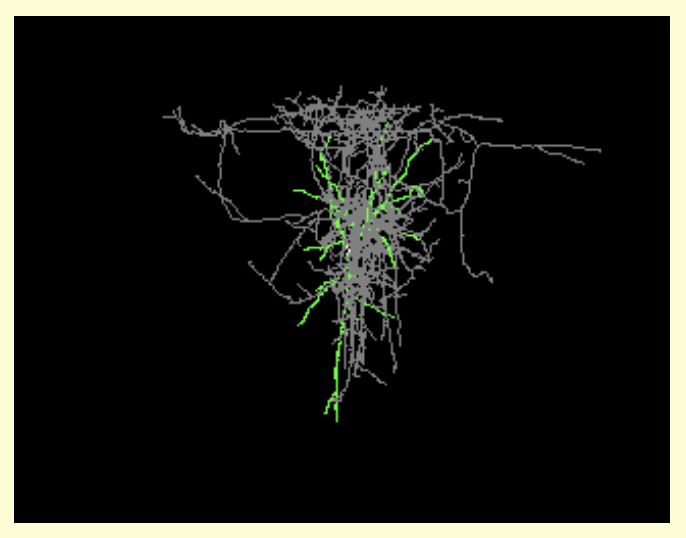URL: http://nsr.bioeng.washington.edu/
Proper Citation: NSR Physiome Project (RRID:SCR_007379)
Description: Database of physiological, pharmacological, and pathological information on humans and other organisms and integration through computational modeling. Models include everything from diagrammatic schema, suggesting relationships among elements composing a system, to fully quantitative, computational models describing the behavior of physiological systems and an organism''s response to environmental change. Each mathematical model is an internally self-consistent summary of available information, and thereby defines a working hypothesis about how a system operates. Predictions from such models are subject to test, with new results leading to new models.BR /> A Tool developed for the NSR Physiome project is JSim, an open source, free software. JSim is a Java-based simulation system for building quantitative numeric models and analyzing them with respect to experimental reference data. JSim''s primary focus is in physiology and biomedicine, however its computational engine is quite general and applicable to a wide range of scientific domains. JSim models may intermix ODEs, PDEs, implicit equations, integrals, summations, discrete events and procedural code as appropriate. JSim''s model compiler can automatically insert conversion factors for compatible physical units as well as detect and reject unit unbalanced equations. JSim also imports the SBML and CellML model archival formats. All JSim models are open source. Goals of the Physiome Project: - To develop and database observations of physiological phenomenon and interpret these in terms of mechanism (a fundamentally reductionist goal). - To integrate experimental information into quantitative descriptions of the functioning of humans and other organisms (modern integrative biology glued together via modeling). - To disseminate experimental data and integrative models for teaching and research. - To foster collaboration amongst investigators worldwide, to speed up the discovery of how biological systems work. - To determine the most effective targets (molecules or systems) for therapy, either pharmaceutic or genomic. - To provide information for the design of tissue-engineered, biocompatible implants.
Abbreviations: NSR Physiome Project
Synonyms: National Simulation Resource Physiome Project
Resource Type: portal, data or information resource, software application, training resource, topical portal, software resource, professional program, simulation software
Keywords: physiome, computational modeling, cell, organ, organism, human, model, physiological, pharmacological, pathological, model repository, sbml, cellml, biophysics, biochemistry, database, proteome, jsim simulation analysis system, data analysis tool, parameter optimization tool, integrating biological system
Expand Allhas parent organization |
We found {{ ctrl2.mentions.total_count }} mentions in open access literature.
We have not found any literature mentions for this resource.
We are searching literature mentions for this resource.
Most recent articles:
{{ mention._source.dc.creators[0].familyName }} {{ mention._source.dc.creators[0].initials }}, et al. ({{ mention._source.dc.publicationYear }}) {{ mention._source.dc.title }} {{ mention._source.dc.publishers[0].name }}, {{ mention._source.dc.publishers[0].volume }}({{ mention._source.dc.publishers[0].issue }}), {{ mention._source.dc.publishers[0].pagination }}. (PMID:{{ mention._id.replace('PMID:', '') }})
A list of researchers who have used the resource and an author search tool
Find mentions based on location

{{ ctrl2.mentions.errors.location }}
A list of researchers who have used the resource and an author search tool. This is available for resources that have literature mentions.
No rating or validation information has been found for NSR Physiome Project.
No alerts have been found for NSR Physiome Project.
Source: SciCrunch Registry





